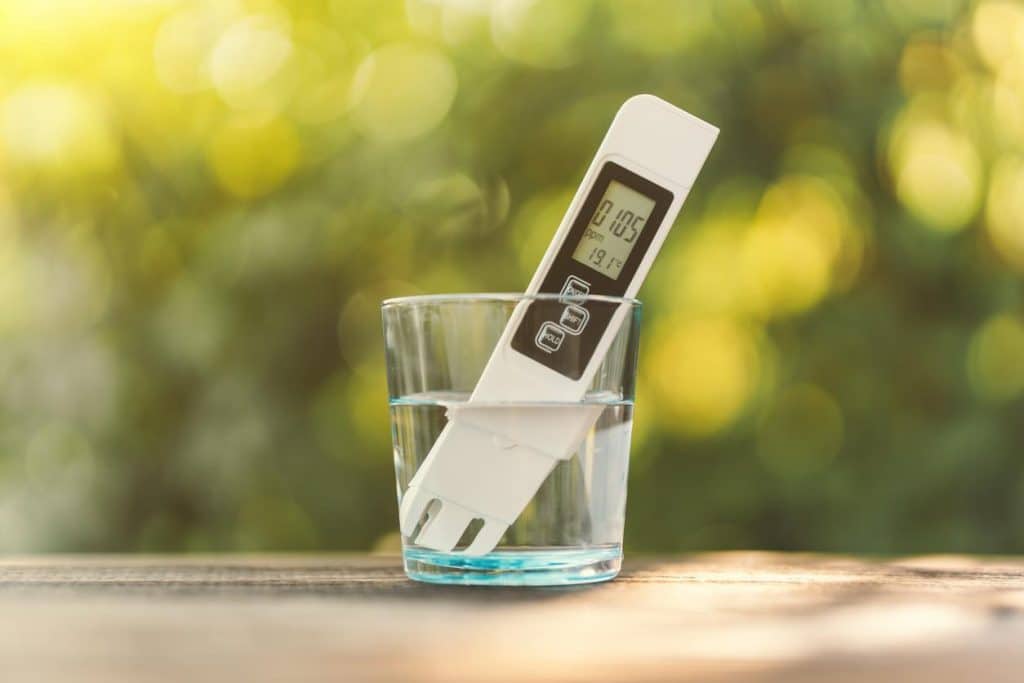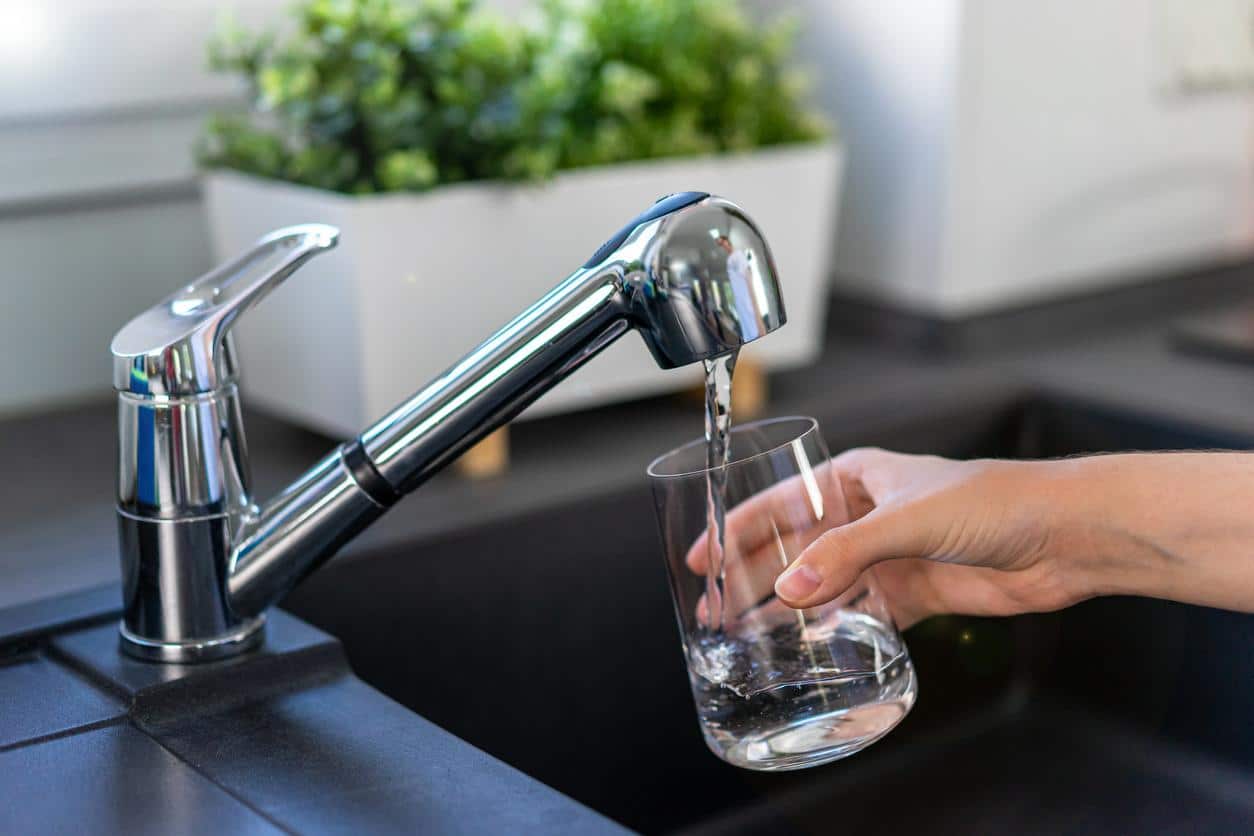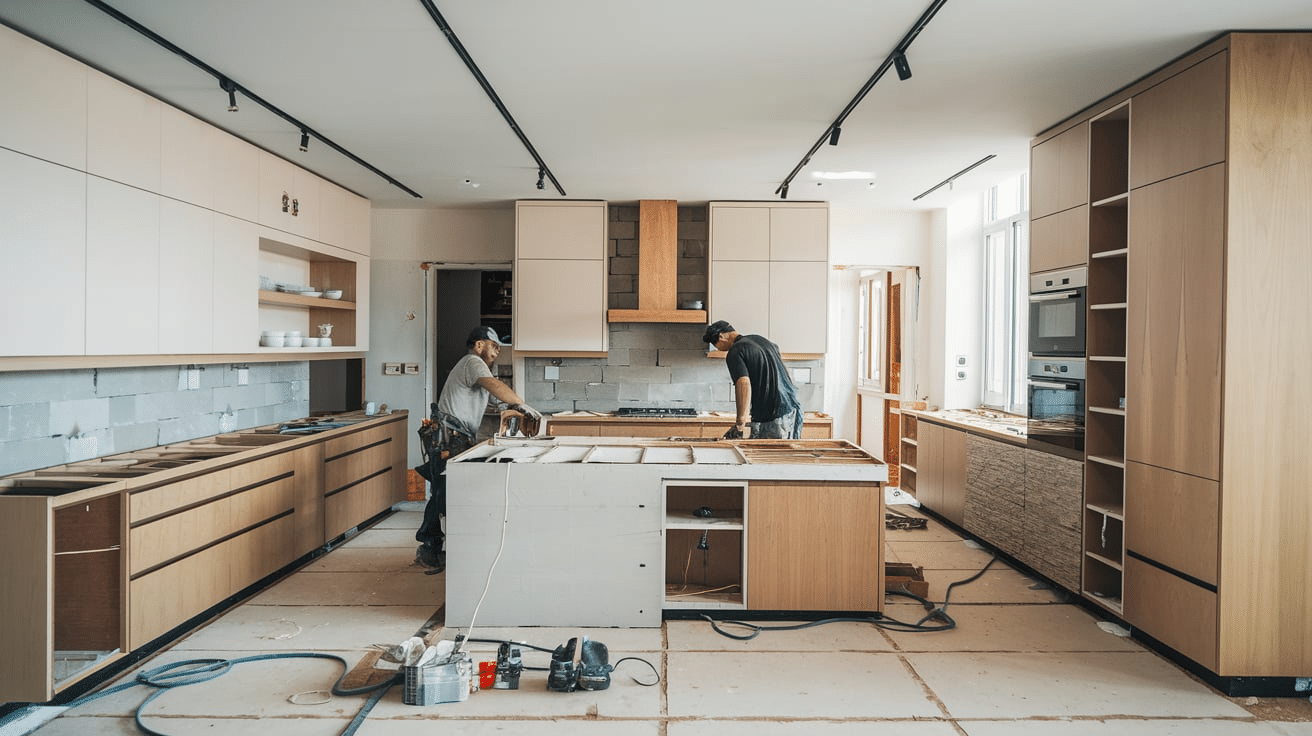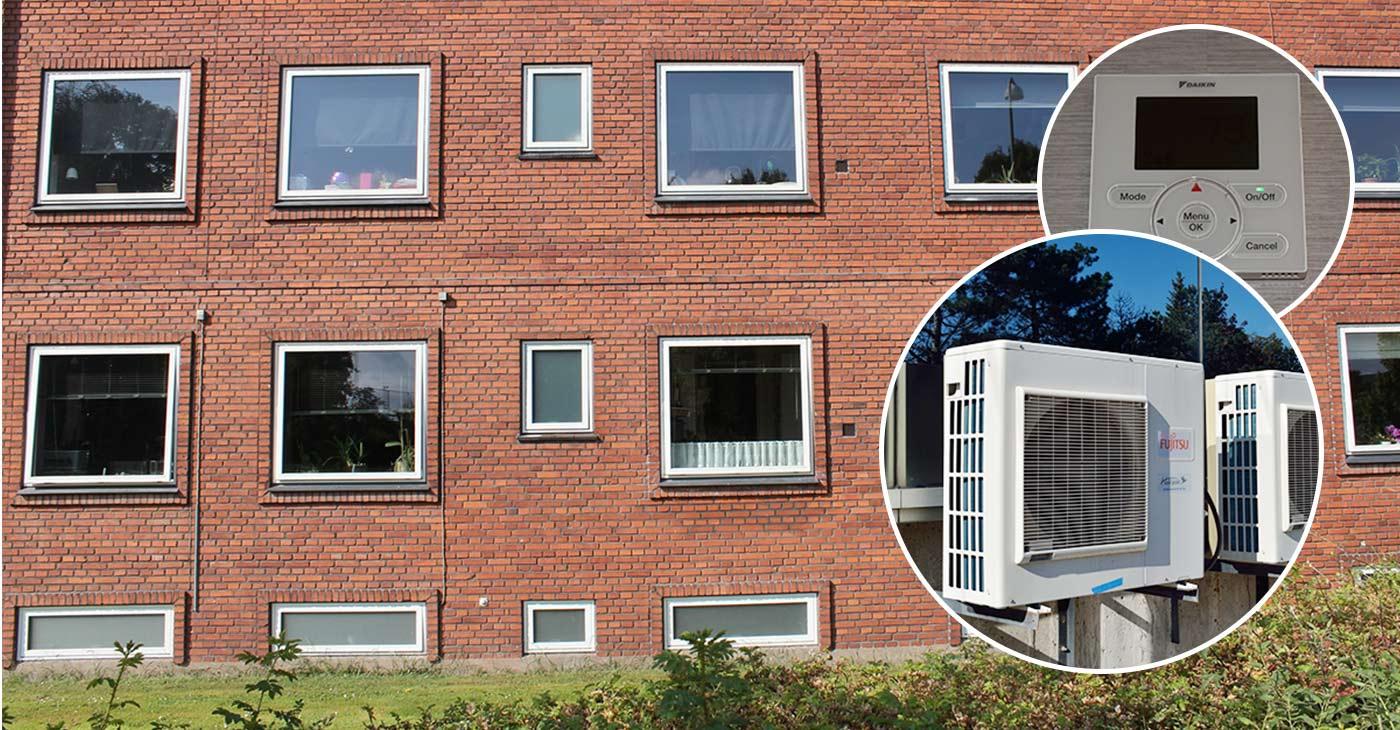Practical Tips for Improving Water Quality At Your Home
Are you concerned about the quality of the water flowing through your home? Ensuring clean, safe water is essential for your health and the well-being of your family. In this guide, we’ll explore effective strategies to improve your home’s water quality.
From regular maintenance to advanced filtration systems, we’ll provide practical tips to help you safeguard your drinking water and protect your appliances.
Practical Solutions
Improving the water quality in your home is crucial for the health, safety, and longevity of your appliances. Here are some effective strategies:
- Regular water testing: Use home testing kits to monitor contaminants like bacteria, heavy metals, and pH levels. Test your water at least once a year or more frequently if you notice changes in taste, colour, or odour.
- Flush pipes: After periods of inactivity, such as returning from a vacation, run cold water taps for a few minutes to flush out stagnant water. This helps remove any contaminants that may have accumulated in the pipes.
- Clean faucet aerators: Unscrew faucet aerators every few months to remove sediment or debris trapped in the mesh screen. Use a brush and vinegar solution to remove buildup effectively.
- Use cold water for consumption: Always use cold water for drinking and cooking, as hot water can dissolve contaminants more easily. If hot water is needed, heat cold water on the stove or in a kettle rather than using hot tap water.
- Drain water heaters annually: This helps remove accumulated sediments, bacteria, and metals, improving water quality and extending the heater’s life.
For those seeking more comprehensive water purification, explore the following technological options.
Technological Solutions
Reverse Osmosis Systems
Reverse osmosis (RO) is a highly effective water purification method that uses a semi-permeable membrane to remove unwanted molecules and larger particles from drinking water. This process is capable of filtering out a wide range of contaminants, including:
- Dissolved salts: Sodium, potassium, calcium, magnesium, chloride, and sulfates.
- Chemicals: Chlorine, chloramines, fluoride, pesticides, herbicides, and volatile organic compounds.
- Heavy metals: Lead, chromium, and copper.
- Biological contaminants: Bacteria, viruses, and protozoa.
- Particulate matter: Sediment, silt, and suspended solids.
- Pharmaceuticals: Hormones and antibiotics.
- Radiological elements: Radium and uranium.
The reverse osmosis process involves several stages of filtration, including sediment filters, carbon filters, and the RO membrane itself, which ensures that only the cleanest water passes through, leaving contaminants behind. This system is particularly beneficial for providing safe and clean drinking water.
Be aware that RO systems can waste water, typically using 3 litres of water to produce 1 litre of purified water. Consider systems with water-saving features or ways to repurpose wastewater. Also, RO systems remove beneficial minerals along with contaminants. Some systems include a remineralisation stage to restore these minerals, improving the taste and health benefits of the water.
Water Softeners
Water softeners are designed to remove minerals such as calcium and magnesium, which cause water hardness. The primary method used is ion exchange, replacing these minerals with sodium or potassium ions. The benefits of using a water softener include:
- Prevention of scale buildup: Reduces mineral deposits in pipes and appliances, which can lead to clogs and inefficiencies.
- Improved appliance lifespan: Soft water prevents appliance damage, reducing maintenance costs and extending its operational life.
- Enhanced cleaning: Soft water improves the effectiveness of soaps and detergents, leading to cleaner dishes and laundry, as well as softer skin and hair.
There are various types of water softeners, including salt-based systems, salt-free systems, and magnetic or electronic conditioners, each with its own method of addressing hard water issues.
However, be aware that traditional salt-based water softeners use sodium chloride in the ion exchange process to remove hardness minerals like calcium and magnesium from water.
This process results in the discharge of salty brine into wastewater systems, which can be challenging for water treatment plants to handle. The increased salinity in wastewater can harm aquatic environments by affecting freshwater ecosystems and potentially leading to the death of sensitive species.

Uv Purification Systems
Ultraviolet (UV) purification is an effective method for inactivating and killing bacteria and viruses in water. UV systems work by penetrating the cell walls of microorganisms and altering their DNA, rendering them unable to reproduce or cause infections. The advantages of UV purification include:
- Chemical-free disinfection: UV systems don’t use chemicals, so no harmful by-products are produced.
- Low maintenance: These systems are generally low maintenance and cost-effective to operate.
- Instant treatment: UV purification provides immediate disinfection without altering the taste, odour, or chemical composition of the water.
Install the UV system in a dry, well-lit area indoors, close to the point of use, such as under the kitchen sink or at the main water entry point. This ensures easy access for maintenance and maximises the system’s effectiveness.
However, UV systems are less effective in treating turbid or murky water, as particles can shield microorganisms from UV light. This limitation may necessitate pre-filtration, adding complexity and potentially increasing environmental impact.
Also, a combi boiler installation can contribute to improved water quality and efficiency in your home:
- Cleaner water supply: Combi boilers draw water directly from the mains, eliminating the risk of sludge buildup common in tanks and cylinders used by traditional boilers. This ensures cleaner water for your household.
- Improved water pressure: Combi boilers provide strong and consistent water pressure, as they use mains water supply directly. This can significantly enhance the performance of showers and taps, especially in older properties with pressure issues.
- Energy efficiency: Combi boilers are highly energy-efficient, heating water on demand and reducing energy wastage. This efficiency lowers energy bills and contributes to a more eco-friendly home.
If you’re still concerned about the water quality at your home, the solution might be beyond your reach and should be addressed with a professional. They can help you identify and address potential contamination sources, such as old plumbing or industrial activities nearby.
All in all, by combining practical measures, technological solutions, and the installation of a combi boiler, you can significantly enhance the water quality in your home, ensuring a healthier and more efficient living environment.







